Speaker Robin Vos on Wisconsin's 2023 budget, legislation
Wisconsin Assembly Speaker Robin Vos, R-Rochester, discusses the conduct and outcome of the last election and shares Republican policy and budget priorities as the Legislature starts a new session.
By Zac Schultz | Here & Now
December 27, 2022
Wisconsin Assembly Speaker Robin Vos, R-Rochester, discusses the conduct and outcome of the 2022 election and shares Republican policy and budget priorities as the Legislature starts its 2023 session.
VIDEO TRANSCRIPT
Zac Schultz:
Speaker, thanks for your time.
Robin Vos:
Always happy to be here. Thanks, Zac.
Zac Schultz:
Give me your impressions of the 2022 elections, and what are your takeaways from the results?
Robin Vos:
Well, I would say, first of all, it seemed to go along better than it did before. I think we had less concerns with the challenges that occurred in 2020. I think it still shows that there were issues that we had to deal with. I still would prefer that we had the Monday count bill the Assembly, you know, passed, never got through the state Senate. I think we had some changes to the way that we did different election laws that should have become law. I think those issues are still out there, but I think we've also realized that there is a lot of passion around elections on both sides in Wisconsin, everything is so close. So I wish we would focus more on trying to ensure that there was confidence from the very far right to the very far left, instead of just hoping that our side wins, and that the other side just have to deal with it.
Zac Schultz:
Do you think the fact that there was kind of a split election with Ron Johnson and Tony Evers winning, gives people confidence? Like there's no way it could be as rigged if that happened.
Robin Vos:
I would certainly hope so. I mean, like I said, I still believe that there are concerns that we have to deal with. It'd be nice if we could kind of try to generate more of a consensus this time around and say, "Look, we're heading into what is probably gonna be a contentious presidential election." I don't think we just throw caution to the wind, and overhaul everything, but at the same time, there's a lot of concerns that people are legitimately bringing up. I hope we could have a serious conversation about it.
Zac Schultz:
Military ballots kind of came up at the very end. There's not very many of them, but is that something that does need to be looked at?
Robin Vos:
I certainly think if there's a way where we don't have the same security around people who vote using a military situation as opposed to somebody who lives in Lodi or Burlington, yeah, I think it's reasonable to have us do that. My goal has always been to have the maximum number of votes cast that are legal and proper, and I think that's the second part that we really need to focus on. Yeah, I want to have massive turnout in Wisconsin like we always have, but not do it in a way that allows for individuals to have concerns about the final results because somebody could, you know, work their way through the process illegally. Whether it happens a lot or not, nobody should ever have to worry that it does.
Zac Schultz:
Are there any non-budget issues that you think that the Assembly will look to address right away when the session starts?
Robin Vos:
Boy, there's a lot that's going to go on. I mean, a lot of it is the budget. I mean, that's primarily the thing. But as I've thought about the topics that we can look at, I mean, I feel like one of the good things about the way that the legislature works is we have the ability to kind of hit the reset button with every swearing in ceremony that we have two years, you know, every two years. So part of me looks and says, "Okay, the past is the past. How am I going to look at the future?" So number one, I think we have a real problem with learning loss. We now see that two out of three kids since 2019 are doing worse on standardized tests. That they don't have the adequate level of math or reading for their grade level. That's wrong. We gotta figure out how we deal with that. We also know with the massive amount of federal money that came in, more money isn't the simple answer to helping deal with this learning loss. There's a lot of complex issues. So I think that's an area that we could focus on. I was disappointed that Governor Evers vetoed our legislation to increase literacy and learning. Hopefully we can go back and address some of the concerns we might have had and get that through. Second thing is we know that we have a demographic challenge. We have real issues in Wisconsin with a graying population, and we need to do more to keep people here in Wisconsin. So when I look at our tax climate, and I see that around us we have a flat tax in Iowa, in Michigan, in Illinois, a Republican state, a Democrat state, and a newly turned Democrat state, I think we could certainly have a discussion about our tax burden. And it's not about rewarding wealth, even though there's nothing wrong with that. It's about saying that if you have a retired couple, and they decide where they're gonna spend six months in a day, it certainly should be Wisconsin, not Florida, Texas, Arizona, Tennessee, all places that are significantly cheaper to retire. We gotta fix that. And the last thing that I really think we need to focus on is more innovation. Under the best case scenario, right now we see not net in migration, we see that we have to keep more college graduates, and part of the innovation has to be all through state government and local governments. I think for the most part, in Wisconsin, we do everything the way that we did 20 and 30 years ago. And rather than innovating, we just add more to the top of the pile. So I would love for us to use our budget and our opportunity to legislate, to focus on innovating, and being a place where new ideas thrive. You know, we used to be the invention capital of the country. Everything from malted milk to garbage disposals were invented in Wisconsin. We've been less innovative in government, and I think we need to change that.
Zac Schultz:
Moving to the budget, which is obviously the biggest focus, tax cuts are the biggest priority for Republicans.
Robin Vos:
Yeah.
Zac Schultz:
Are you going to pass a budget with a flat tax, or is that still negotiations between the two chambers as to whether that happens?
Robin Vos:
Well, I would start by saying I don't want to have any absolute bottom lines at this point. You know, there are things that I really want to accomplish. I talked about the learning loss that we're seeing in Wisconsin among almost every grade level. Well, we needed to educate, and differentiate Wisconsin from other places. So I want more school choice. That doesn't mean only a private school. It could mean why do we have it difficult between two public schools? Right? Why do we get to have parents not be the primary deciders and bureaucrats instead? I think that should be something that I would, I know Governor Evers cares about education, so you would think that'd be something we could find common ground on. I would say in my mind, yes, we need to have tax reform. I've tried to be generous in saying that look, Governor Evers signed the last budget where we had nowhere near the surplus we do now. With 3.4 billion in tax cuts, I can't imagine under any scenario we'd have less than that. We should have more. But I haven't drawn a line in the sand that says it has to be at this level or it must be done this way. But I will tell you the only bottom line that I have is we are not going to use the surplus or new revenues to grow the size of government, right? Innovate, make sure we have our priorities funded, but to create new bureaucracies, to create new monstrosities they'll have to pay for later on, absolutely not.
 Passport
Passport




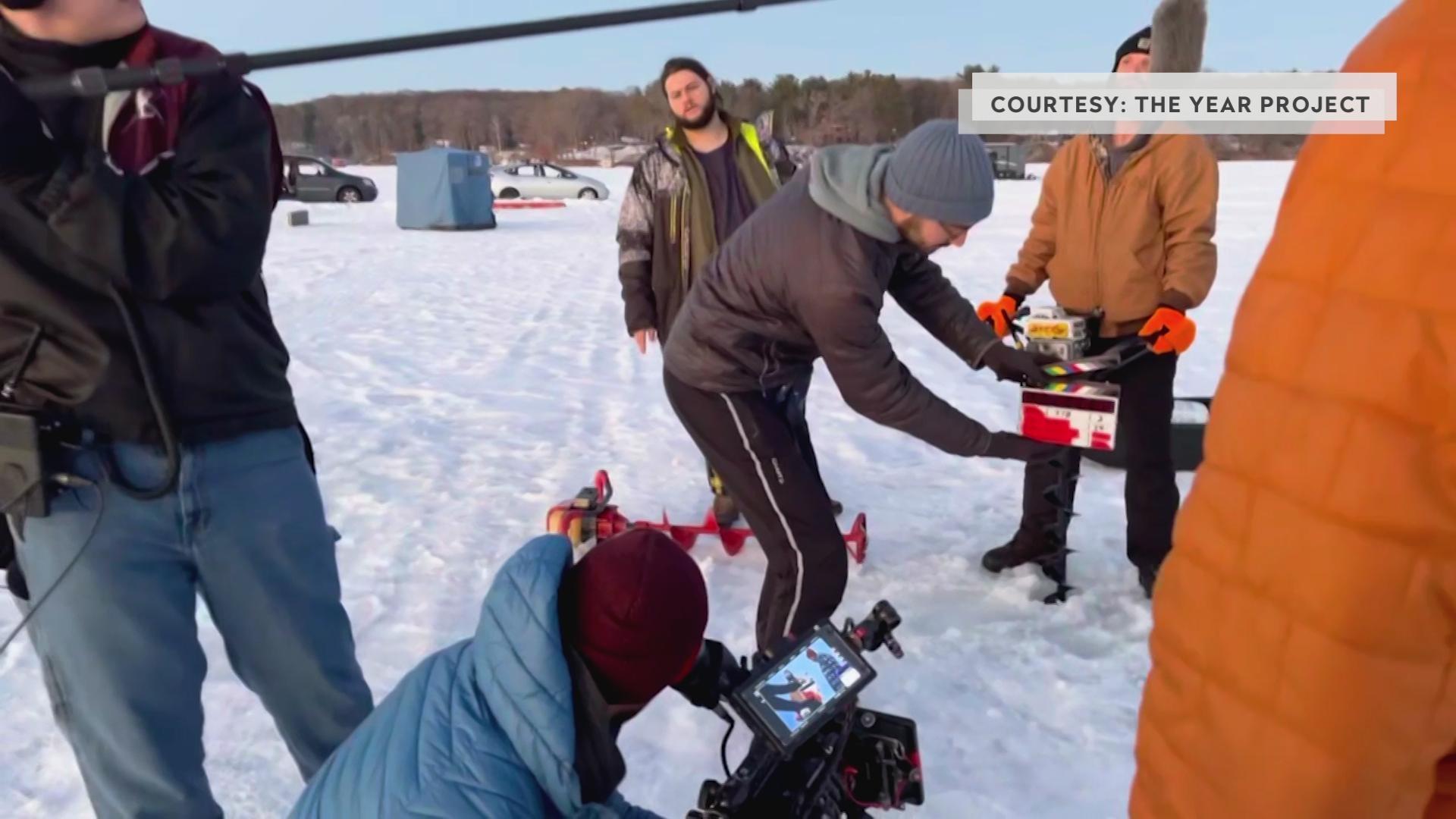
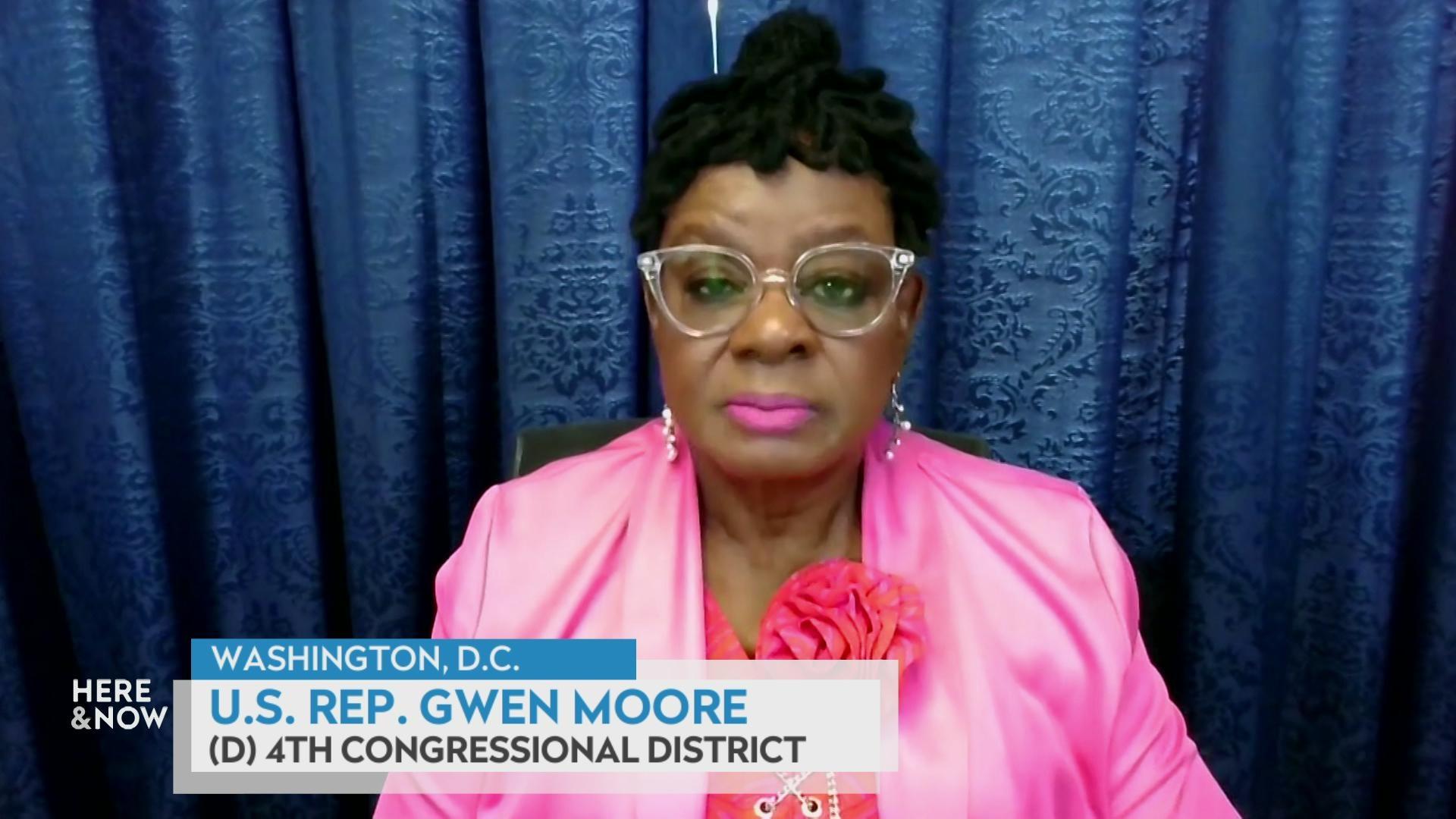
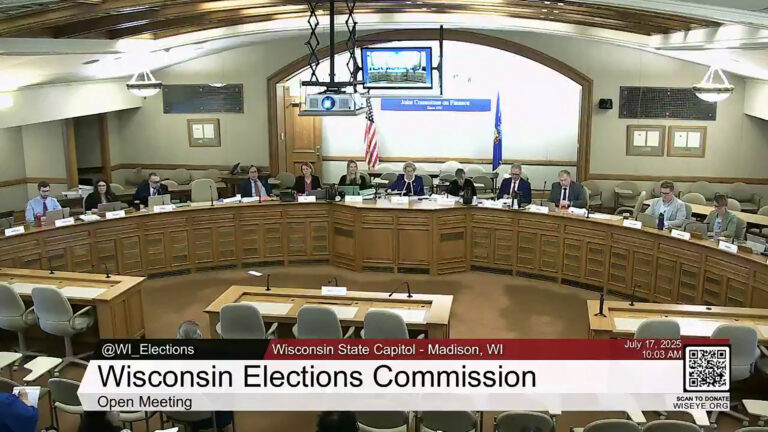
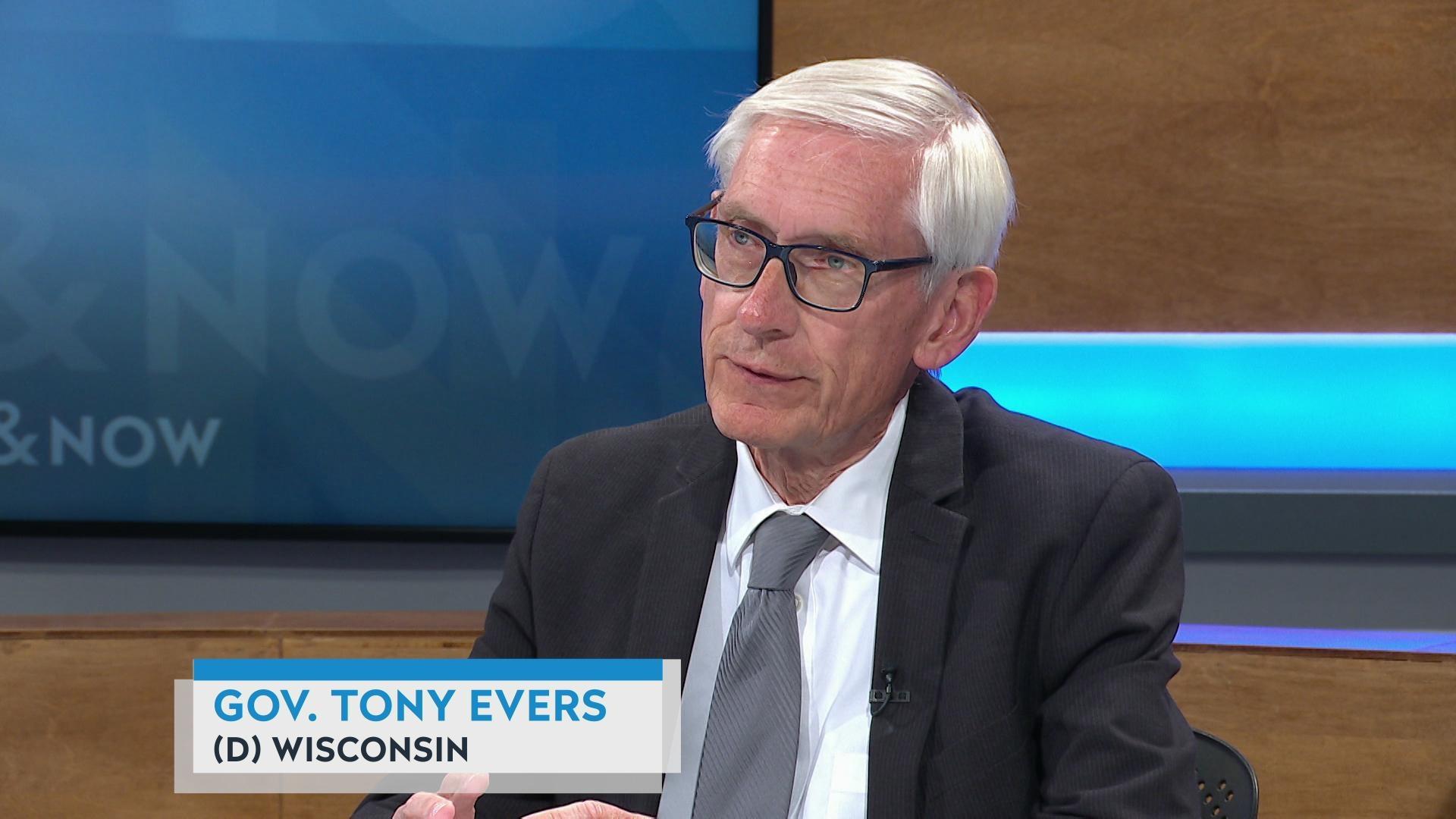
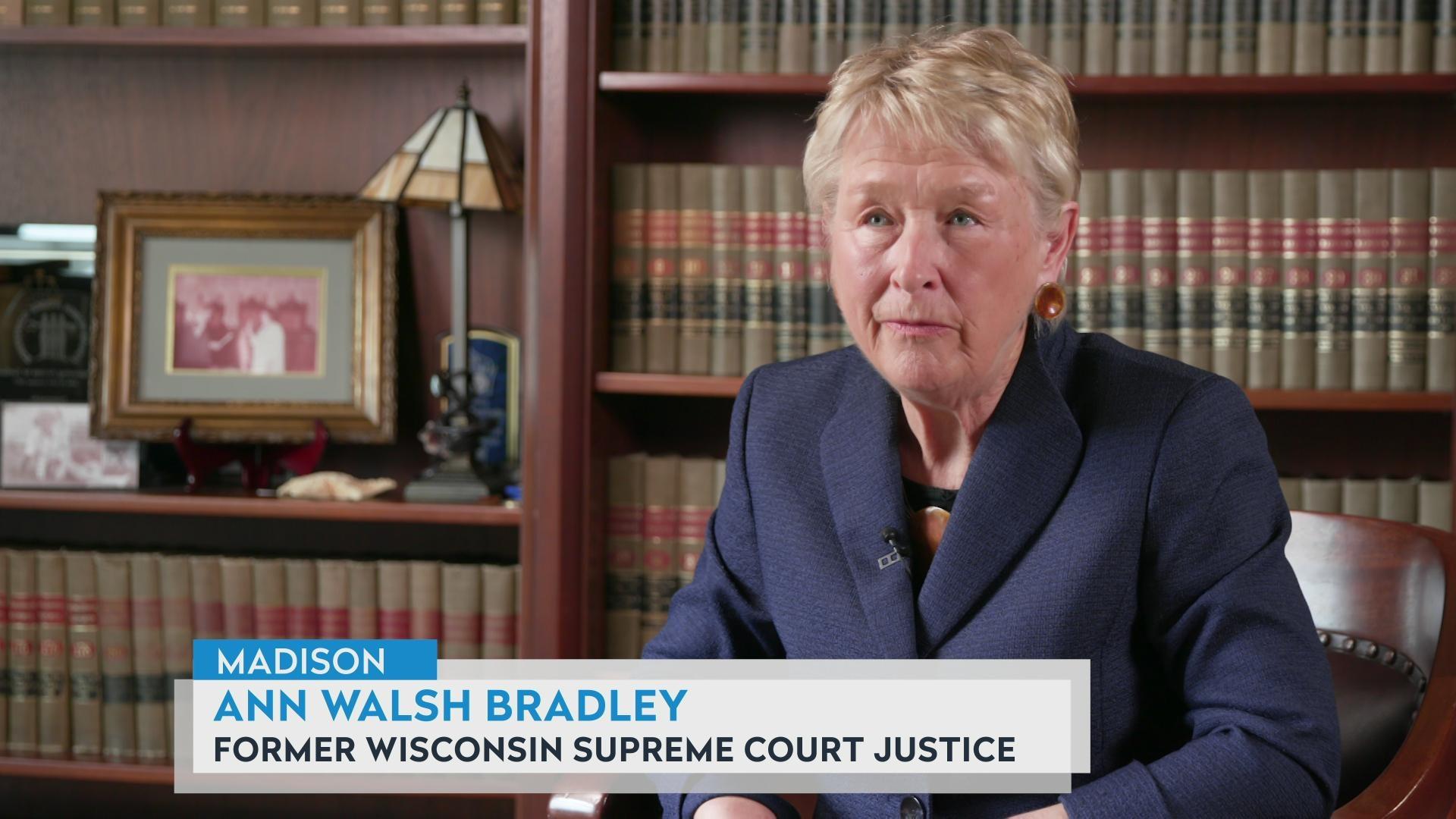
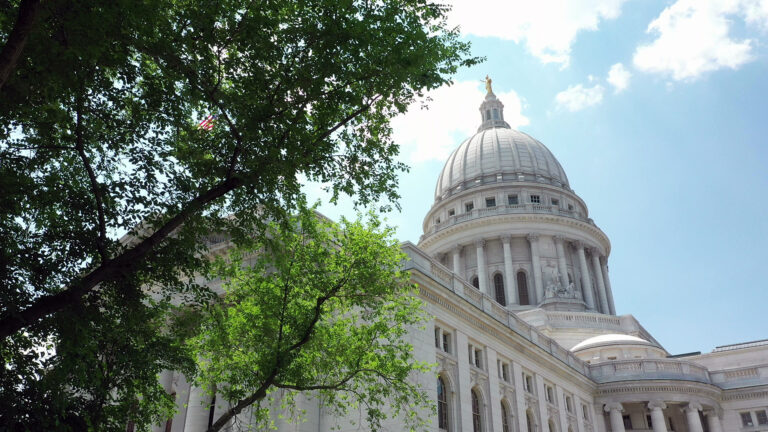

Follow Us